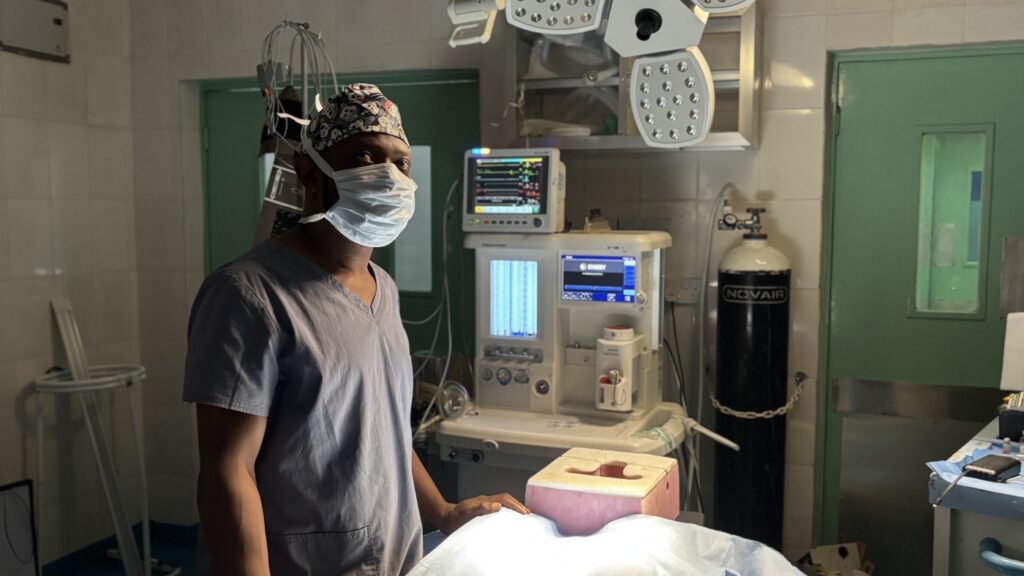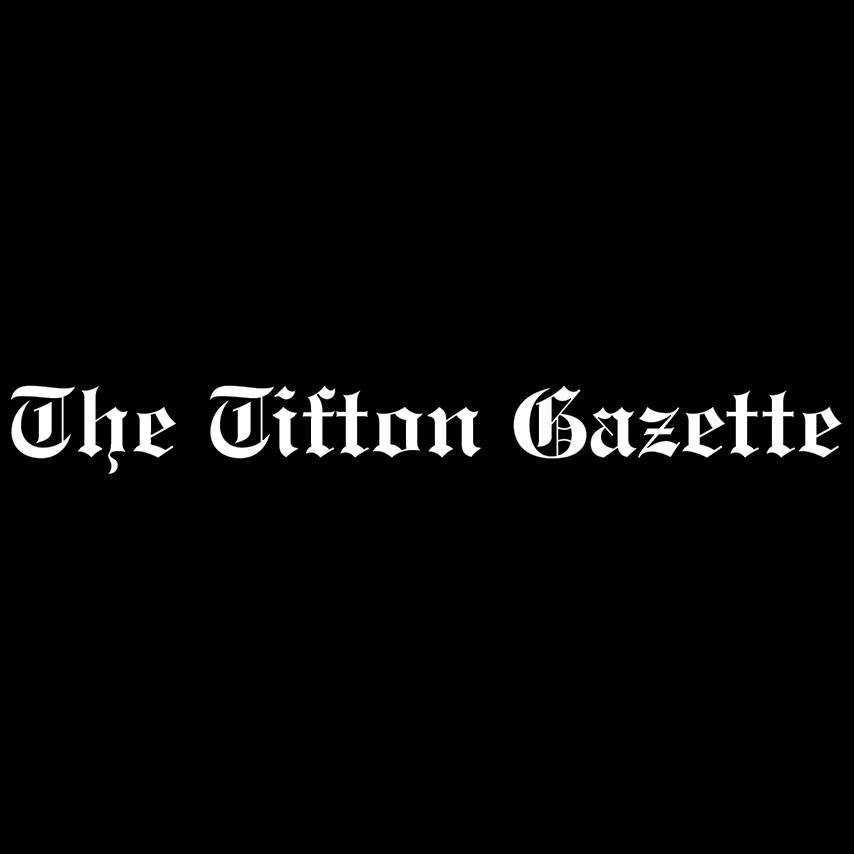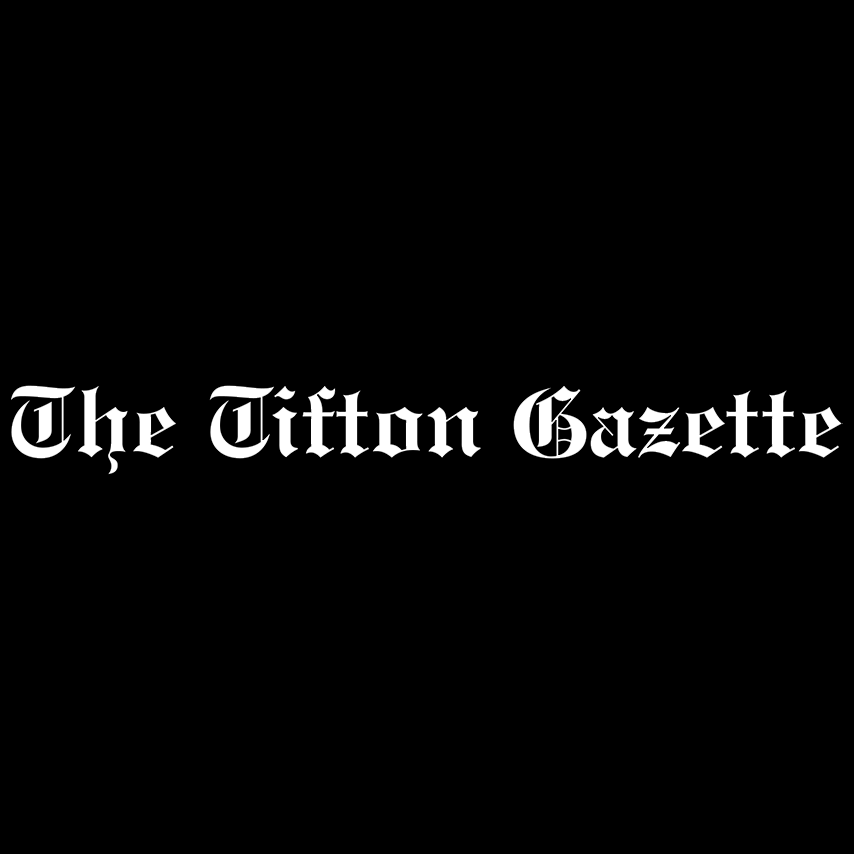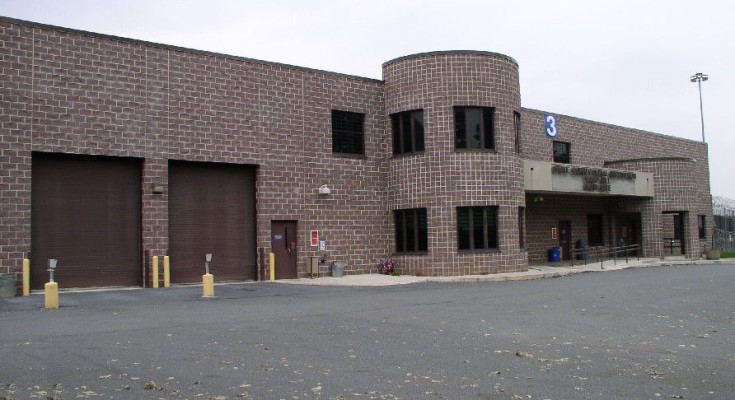
Morie Abibu, a 56-year-old man from Sierra Leone, is fighting for his life after becoming paralyzed from the neck down due to a mass pressing against his spinal cord. His situation is dire; without urgent neurosurgery, the pressure on his nerves could lead to suffocation. Fortunately, Abibu is receiving treatment at Connaught Hospital, where Dr. Alieu Kamara, the first and only neurosurgeon in Sierra Leone, has recently begun his practice.
Dr. Kamara’s presence marks a significant turning point for the country’s healthcare system, which has historically struggled to provide adequate neurosurgical care for its population of approximately eight million people. Prior to Kamara’s arrival in January 2025, patients with head or spinal injuries faced dire options: either seek treatment abroad, if financially able, or live with debilitating conditions or face death.
Building a Neurosurgical Future
The demand for neurosurgical care is overwhelming. According to Dr. Kehinde Oluwadiya, acting chief medical director of the University of Sierra Leone Teaching Hospital Complex, “Before Dr. Kamara, there was no hope.” Abibu’s case is just one of many that illustrate the urgent need for specialized care.
In June 2025, April Sabangan, CEO of Mission Brain, a California-based nonprofit dedicated to advancing global neurosurgical care, visited Sierra Leone to support Kamara’s fledgling service. Alongside two surgeons from Stanford University, Dr. Seunggu Han and Dr. Silvia Vaca, they aimed to provide essential resources and training to enhance the newly established neurosurgical department at Connaught Hospital.
The surgical ward at Connaught consists of two operating rooms shared among various specialties, with Kamara as the sole neurosurgeon. As the team prepared for Abibu’s surgery, they faced numerous logistical challenges. Limited resources required staff to create makeshift bolsters and replace burned-out ceiling lights in the operating room.
A Life-Saving Procedure
During the operation, Kamara made the first incision while Vaca assisted with equipment. As they worked, the power went out multiple times due to frequent outages during the rainy season. With only battery-powered surgical headlights for illumination, the team pressed on, fully aware that every second counted.
After approximately three hours, Kamara successfully completed Sierra Leone’s first spine surgery. He removed a piece of bone affected by tumor growth, exposing the spinal cord, an arduous task requiring precision and steady hands. As the lights flickered back on after a brief power outage, relief washed over the surgical team.
Six hours post-surgery, Abibu was awake and able to move his toes, a promising sign of recovery. His wife expressed gratitude, whispering prayers of thanks. “For a patient paralyzed for months to move their toes just six hours after surgery is almost unheard of. It’s a miracle,” Vaca remarked, her eyes welling with emotion.
Challenges Ahead
Despite the successful surgery, Abibu’s road to recovery remains fraught with challenges. Connaught Hospital suffers from limited supplies, which could turn a successful operation into a tragic outcome if infections arise. Additionally, the financial burden of surgical procedures often deters patients. Abibu’s family had to borrow $300, a substantial amount in a country where the average yearly income is significantly lower.
In response to these systemic issues, the Sierra Leonean government is working to improve healthcare infrastructure, including the establishment of a dedicated neurosurgery ward and the acquisition of a CT scanner for Connaught Hospital. With ongoing support from Mission Brain, 24 nurses have already received training in neurotrauma patient management.
Dr. Kamara is not only focused on treating patients but also on educating future medical professionals. He gives his personal phone number to every patient, ensuring they have access to care and support. His commitment to establishing a self-sufficient neurosurgery program in Sierra Leone reflects a hopeful vision for the future of healthcare in the country.
As Dr. Kamara continues to build this essential service, he recognizes that the journey has only just begun. He is determined to provide hope and healing to those who previously had none, demonstrating the profound impact of dedicated medical professionals in underserved regions.







